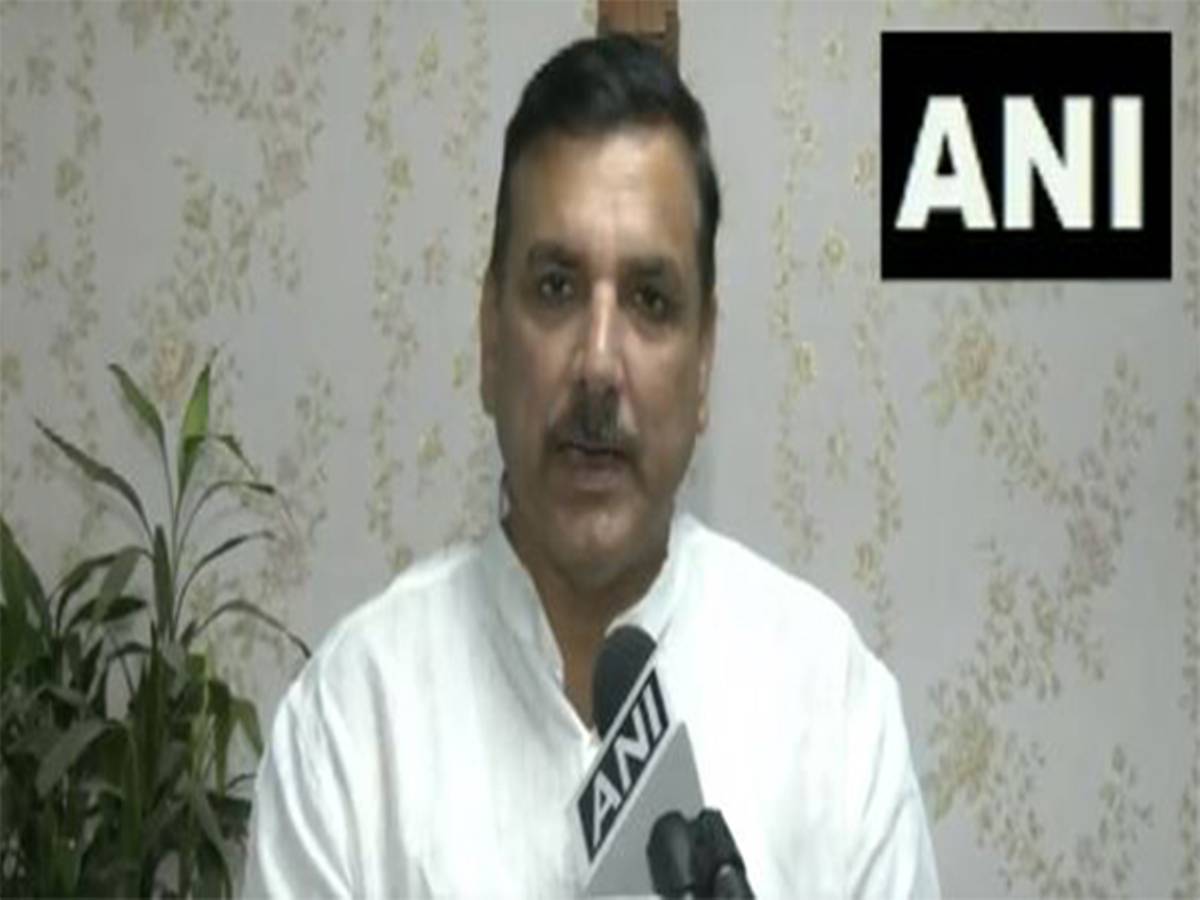
New Delhi: The Supreme Court on Tuesday asked the Enforcement Directorate whether it needs further custody of Aam Aadmi Party leader Sanjay Singh, arrested in the Delhi excise policy scam case.
A bench of Justice Sanjiv Khanna, Justice Dipankar Datta and Justice P B Varale told Additional Solicitor General S V Raju, appearing for the ED, to take instructions and apprise it in post-lunch session of the court on whether further custody of Singh was required and remarked that he has spent six months in jail.
The top court was hearing Singh’s plea challenging his arrest and remand in the money laundering case.
The bench told Raju that no money had been recovered from the possession of Singh and the allegation of him receiving a Rs 2 crore bribe could be tested in the trial. The additional solicitor general said he would respond to the submissions of Singh against his arrest and remand in the post-lunch session.
Singh was arrested in the case by the ED on October 4 last year.
Before the high court, Singh had sought bail on the grounds that he has been in custody for over three months and no role has been attributed to him in the predicate offence.
The probe agency in the high court had opposed the bail plea and claimed that Singh was involved in acquiring, possessing, concealing, dissipating and using proceeds of the crime generated from the Delhi liquor scam pertaining to the policy period of 2021-22.
The agency had further claimed that the AAP leader has gained illegal money or kickbacks which are proceeds of crime generated from the liquor policy scam and that he has also played a role in conspiracy with others.
The ED’s money laundering case stems from the Central Bureau of Investigation (CBI) FIR. According to the CBI and the ED, irregularities were committed while modifying the now-scrapped Delhi Excise Policy 2021-22 and undue favours were extended to licence holders.
